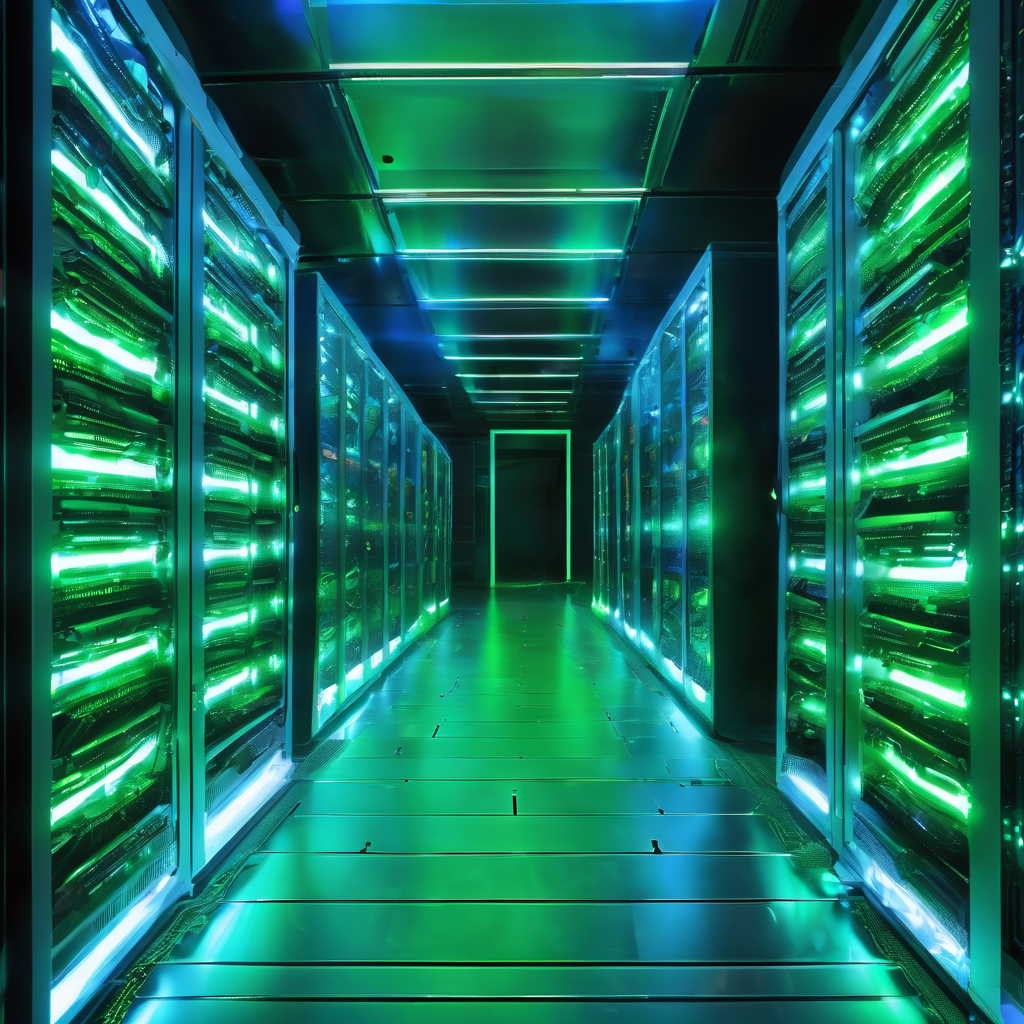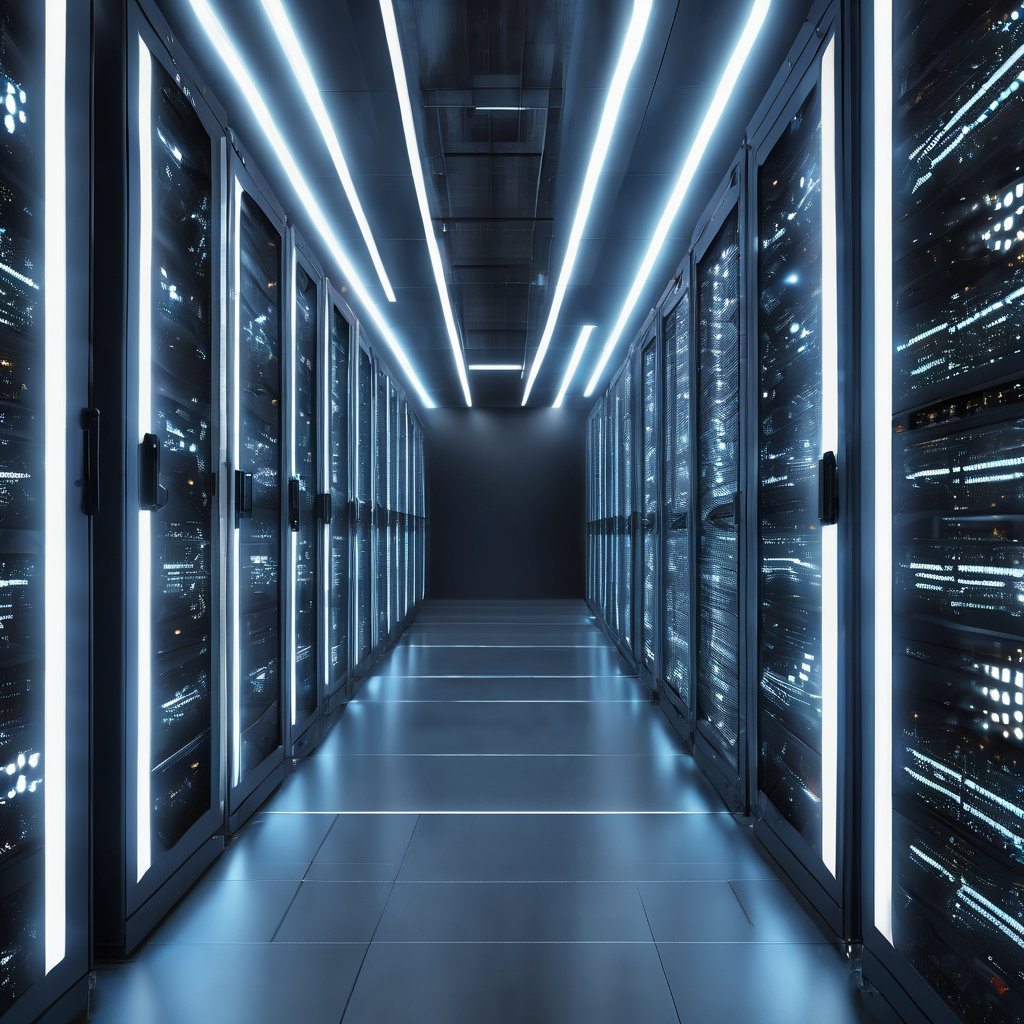
In its 18-year existence, Indeed has transformed from a simple job noticeboard to an automated matching and hiring platform. With over 300 million monthly visitors and over 20 hires every minute, the platform's growth has been remarkable, especially in challenging economic times. To achieve this growth, Indeed has focused on developing advanced technological solutions powered by artificial intelligence (AI) and machine learning (ML). The goal has always been to understand and cater to the individual needs of job seekers and employees to create more personalized and successful connections. Let's explore how Indeed has utilized AI and ML and delve into Raj Mukherjee's insights on its potential to transform the industry and other sectors. During our podcast discussion, Mukherjee, the Executive Vice President and General Manager for Employer at Indeed, mentioned the concept of a "Career Companion" that perfectly encapsulates Indeed's AI aspirations. The company's objectives revolve around aligning the service with user preferences and optimizing speed. Leveraging standard machine learning techniques, deep learning, generative AI, and large language networks, Indeed strives to gain a deep understanding of applicants' qualifications by collecting more than 140 million data points daily. This knowledge is then used to match applicants with relevant job roles advertised on the platform. Speed is crucial for filling vacancies, and Indeed closely monitors metrics related to this. Mukherjee highlighted that using their paid product leads to 19% faster hiring.
AI plays a significant role in actively matching job roles to applicants, inviting them to apply as soon as the vacancies are posted. Behind the scenes, Indeed's algorithms analyze both stated and unstated preferences to provide efficient and accurate matches. By combining these preferences, job seekers can find better opportunities, while employers benefit from streamlined job descriptions. Indeed's early investment in integrating AI into its core service aims to provide job seekers with their own fully automated "personalized agent. " Mukherjee's ultimate goal is to reduce the frustration of job seekers by decreasing the number of job applications needed to secure a position and ensuring that every applicant receives a response, even if it's a rejection. The company envisions a future where job seekers share their preferences and qualifications with an AI-powered agent, which returns job recommendations with a higher chance of success. Looking ahead, Mukherjee acknowledges that many jobs may disappear due to technological advancements. However, he believes that each technology revolution also creates new job opportunities. As AI revolutionizes the hiring and recruitment process, AI will handle the matching and automation aspects, while humans will focus on the human-centric aspects of HR, such as empathy, communication skills, and creative thinking. The vision is that people will enjoy their jobs more, doing less of what they dislike and more of what they love. For a deeper dive into the transformative implications of AI in HR, you can watch the interview with Raj Mukherjee here. Follow me on LinkedIn for more insights.
None


Google Cloud has announced a major partnership with Anthropic, a leading AI company, to expand the use of Google’s TPU (Tensor Processing Unit) chips for training upcoming versions of Anthropic’s Claude AI models.

On October 18, 2025, during the nationwide “No Kings” protests across the United States, President Donald Trump posted a controversial AI-generated video on his platform, Truth Social.

Liu Liehong, Secretary of the Party Leadership Group and Director of the National Data Bureau, recently conducted a detailed survey at two leading intelligent technology companies: Reeman Intelligent Technology Co., Ltd.

Otterly.ai, an innovative Austrian software company founded in 2024, is advancing AI-powered search and answer technologies by providing specialized tools to monitor and optimize brand visibility within these evolving platforms.

A recent MarketsandMarkets report highlights rapid growth in the artificial intelligence (AI) market for sales and marketing, projecting an increase from USD 57.99 billion in 2025 to USD 240.58 billion by 2030—a compound annual growth rate (CAGR) of 32.9%.

Allie Kelly, CMO at Intentsify, examines how Artificial Intelligence (AI) is revolutionizing intent data use and unlocking precision in B2B marketing.

AppLovin APP is marking a significant milestone this October as it accelerates its evolution from a mobile gaming company into a comprehensive AI-driven advertising powerhouse.
Launch your AI-powered team to automate Marketing, Sales & Growth

and get clients on autopilot — from social media and search engines. No ads needed
Begin getting your first leads today